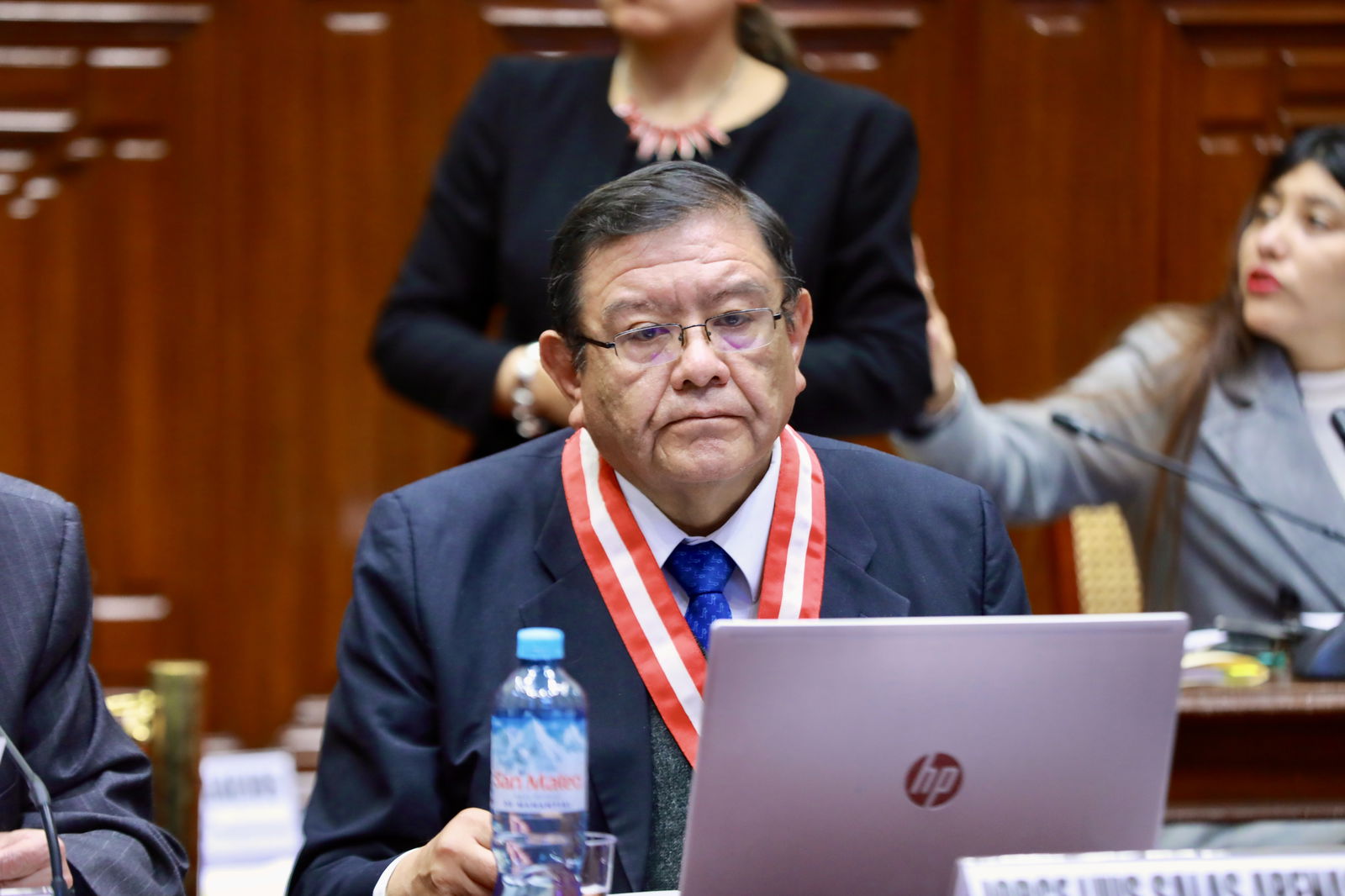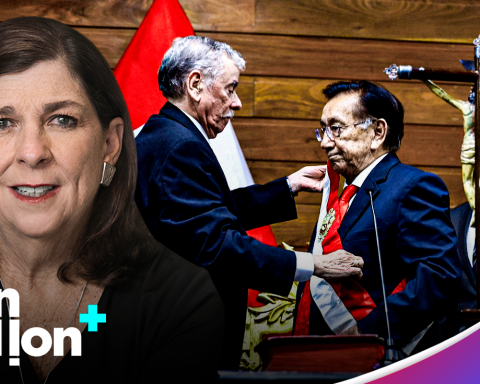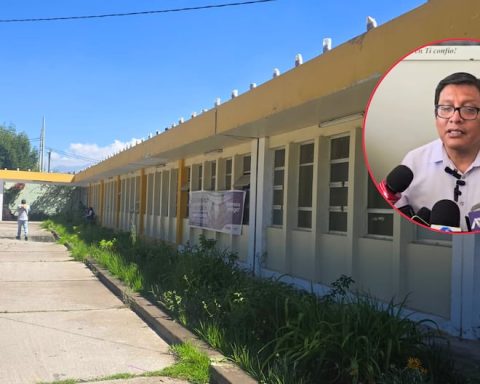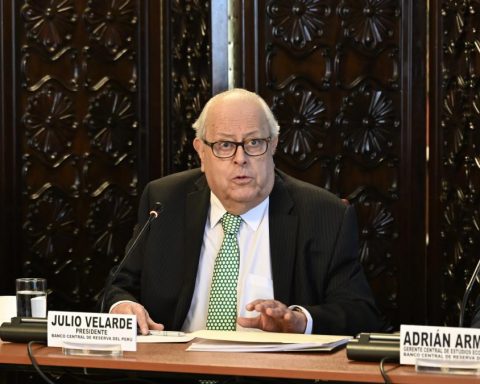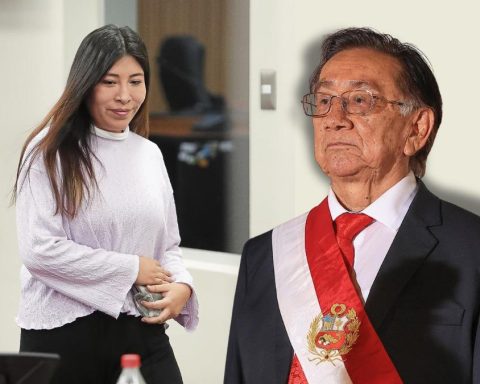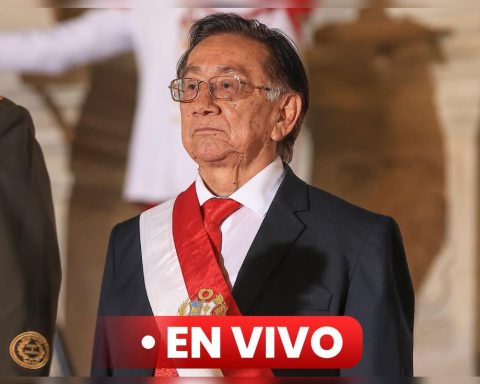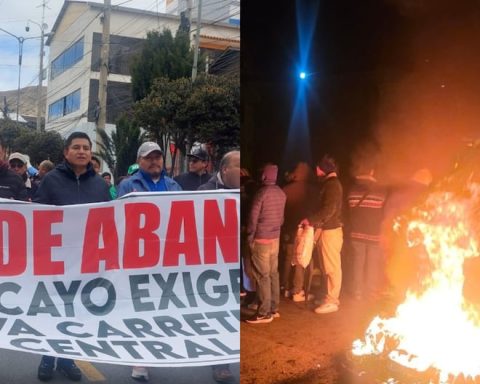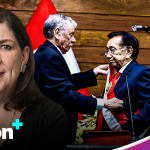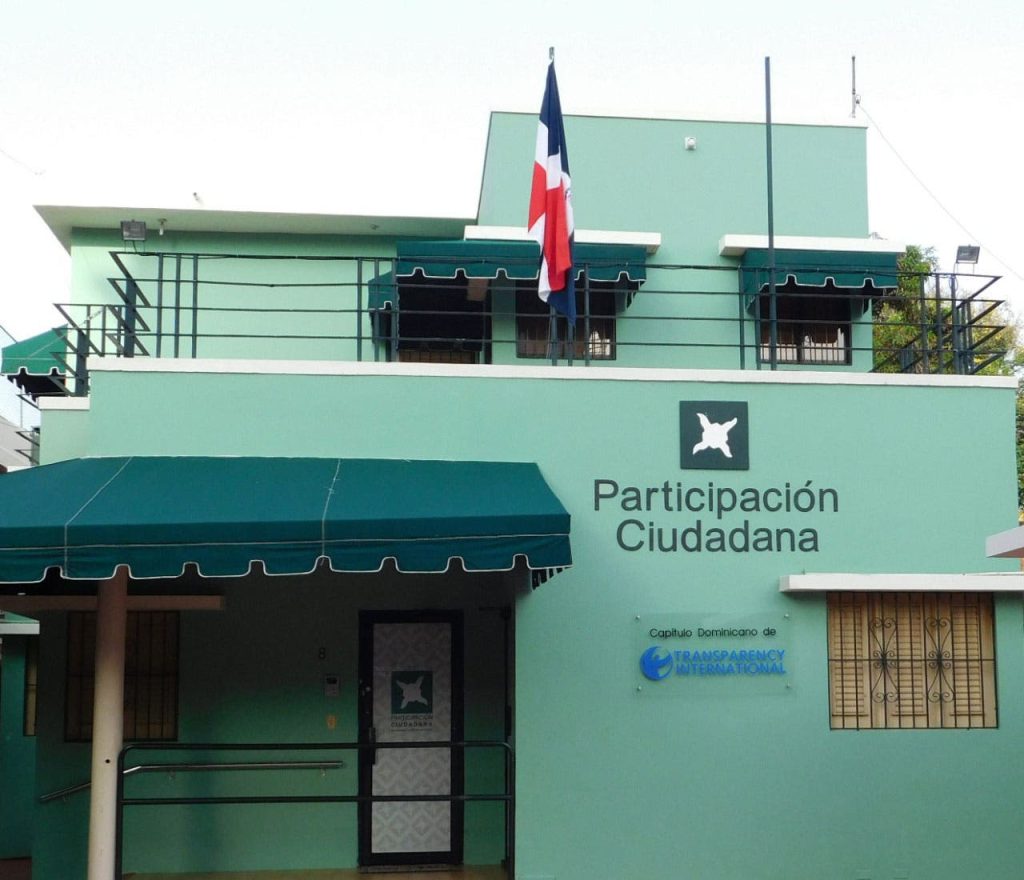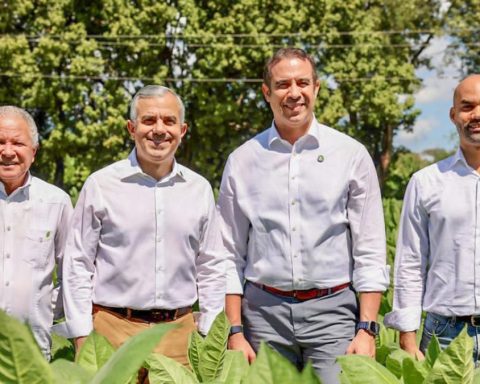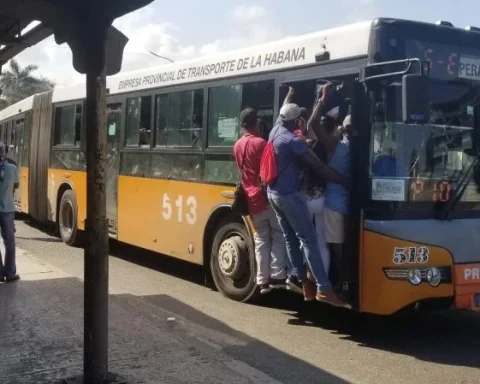The president of the National Elections Jury (JNE), Jorge Luis Salas Arenasreiterated its position against lowering the electoral barrier so that parties that make up electoral alliances can maintain their registration with the Registry of Political Organizations (ROP).
According to the Law on Political Organizations, in order to maintain the registration of a party, it must have at least six representatives to Congress in more than one electoral district or must have obtained at least 5% of valid votes at the national level.
LOOK: Carlos Neuhaus: “It’s terrible to have more than 60 games in 2026”
In the case of alliances between parties or movements, however, this percentage is increased by 1% for each additional party or movement, as appropriate.
In recent weeks, electoral experts have warned that the current legislation does not encourage the formation of political alliances, which are necessary especially in a context like the current one in which we already have 60 groups registered or in the process of registering for the 2026 general elections.
Asked about this, Salas Arenas explained that the bill presented by the JNE proposes that the registration of a political party be cancelled when, in the last general election process, the group has not reached at least 5% of the legal number of its members or 5% of the valid votes at the national level in the congressional election. It no longer makes reference to the number of seats in Parliament.
Along these lines, he said, regarding alliances, it must be taken into account that, unlike a political party which is required to have 5% of valid votes at a national level, in alliances the contribution to the collective fund is usually lower.
He gave as an example the case of three parties in alliance which, according to current legislation, would require 8% of valid votes to maintain their registration.
LOOK: The private sector must finance campaigns to avoid dirty money
“How much does it cost per party? It is not 5%, it is much less, the contribution to the collective fund is lower, so we will be talking about a reduced representation; this does not strengthen political parties but rather encourages groups of people who may have good intentions, but do not have the political capital required to participate in the political life of the country as a party,” he added.
The head of the electoral body appeared before the Constitutional Committee of Congress, where he went to support the bill presented by the institution he presides, and which seeks to modify several articles of the Law of Political Organizations and the Organic Law of Elections in order to adapt the electoral regulations for the election of members of the Congress of the Republic.
Take advantage of the NEW EXPERIENCE: receive our enhanced digital newspaper by email or WhatsApp. Peru21 ePaper Check out our plans!
